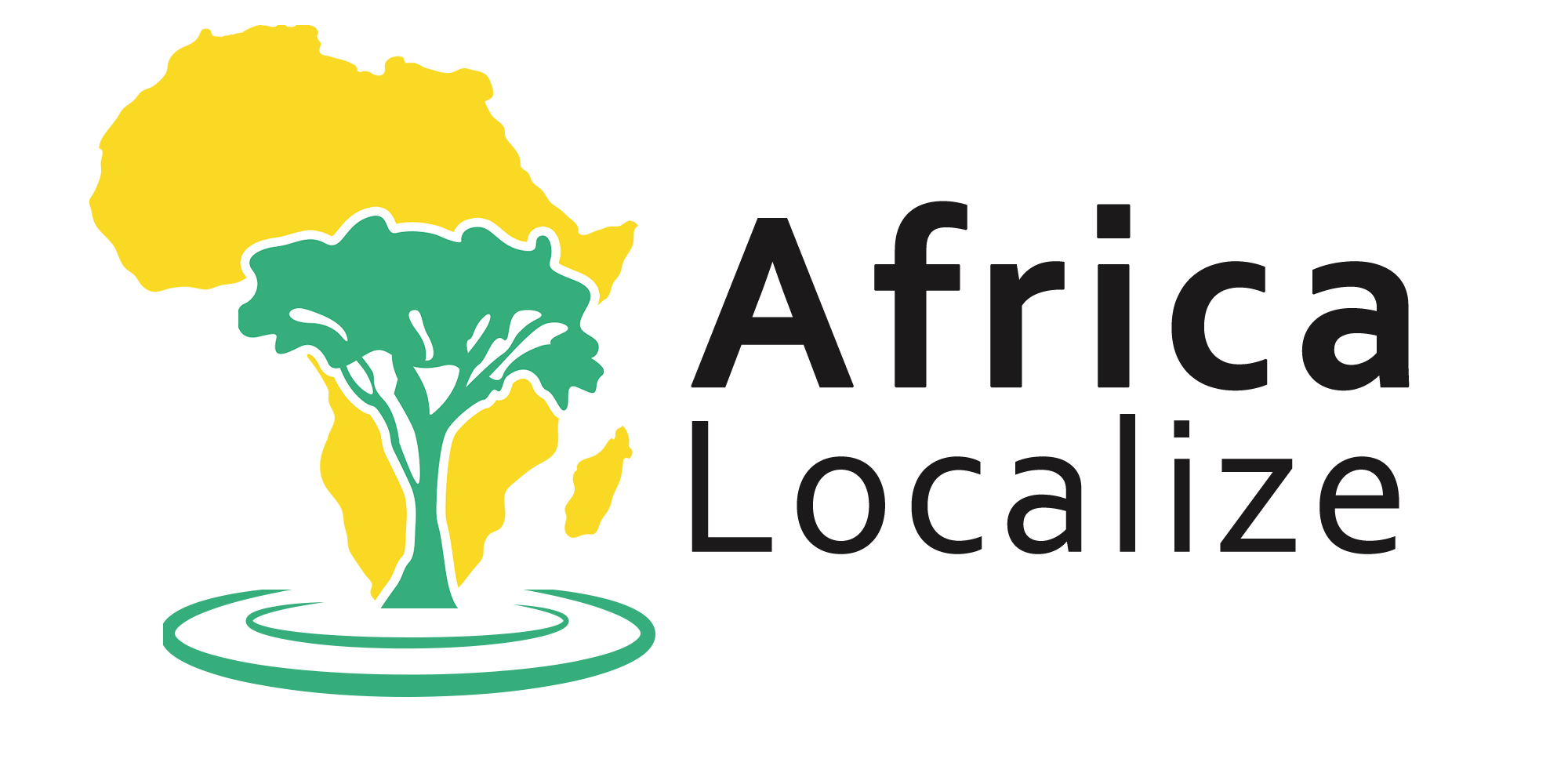How to Translate a Diploma?

Getting a diploma is a big deal for everyone. Congratulations! You worked hard and you succeeded and now you’re going for the next step.
Whether it’s your high school diploma or your bachelor’s diploma, you made it.
Now, let’s say that you want to study abroad, a great thing to do. So, what do you need to do?
Of course, you’ll need to prepare your papers and your passport.
One of the main things that you may be asked to provide is your diploma. Lots of countries will ask you to submit your diploma/ certificate in the country’s language.
So What should you do to get your diploma translated?
Translating a Diploma, is it necessary?
You might think that when applying to other universities in foreign countries, you can use your original certificate.
But that is further from being correct unless this country speaks the same language as yours.
Since, in most cases, the country wouldn’t be speaking your native language, the university will need your diploma to be in their language.
So, that being said, it is quite important to have your diploma translated and sometimes notarized.
How should you translate your Diploma?
1- Get your certificate:
That is your very first step. You succeeded and it is time to harvest the fruit of your efforts.
You need to go get your diploma and get it certified by your university.
Once you do that you’re now ready for the next steps.
2- Look for a translator:
Now that you’ve got your certificate, you need to translate it since you will need to submit it to the other university that you’re applying to. For this step, you have two options:
- You can look for a translation agency, and can, of course, consider us at Africa Localize. We’ll be delighted to help you out.
- You can refer to the faculty of foreign languages at your university and find someone who will help you with this.
A translation agency will help provide you with a translation for your diploma. It won’t take much time or lots of money either to get it done.
If you have the targeted language being part of the faculty of foreign languages at your university, that means you just hit the jackpot.
Most times, you’ll be able to get a translator there to help you get your document signed and certified by the university much quicker than a translation agency.
A notarized Diploma, why do you need it?

After getting the translated document done, here comes the next step. Notarizing your diploma.
You will need in some cases to notarize the diploma and in some other cases, you won’t need it.
This will depend on the country you’re applying to. To notarize your document, you will need a copy and the original certificate.
Then you’ll go to the notary, if your document was translated by an agency, you will need to get the translator of the document to be available either online or offline to be there for the notarization.
If it was done by a translator at the university, that means it will be certified by the university, so no need for the translator to be present for the notarization.
Conclusion
Translating your diploma is not so hard of a task. It can assist you greatly in finishing your papers for your travel to the big world.
So if you need professional translation services, be sure to contact us at Africa Localize. We offer high-quality translation services that will ensure your message is conveyed accurately and effectively.
